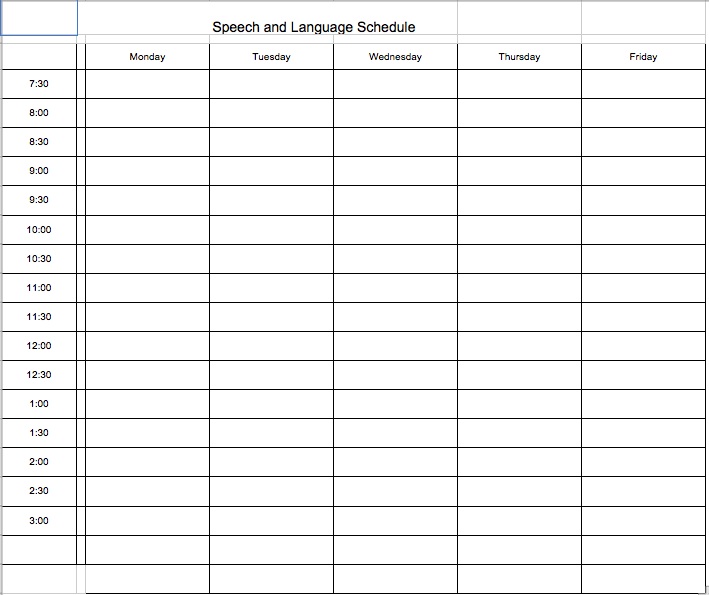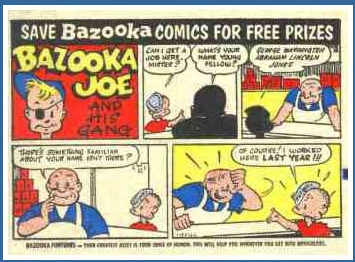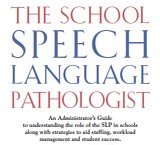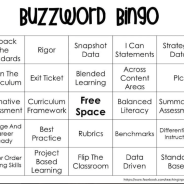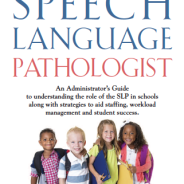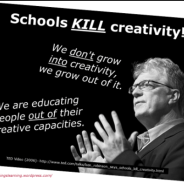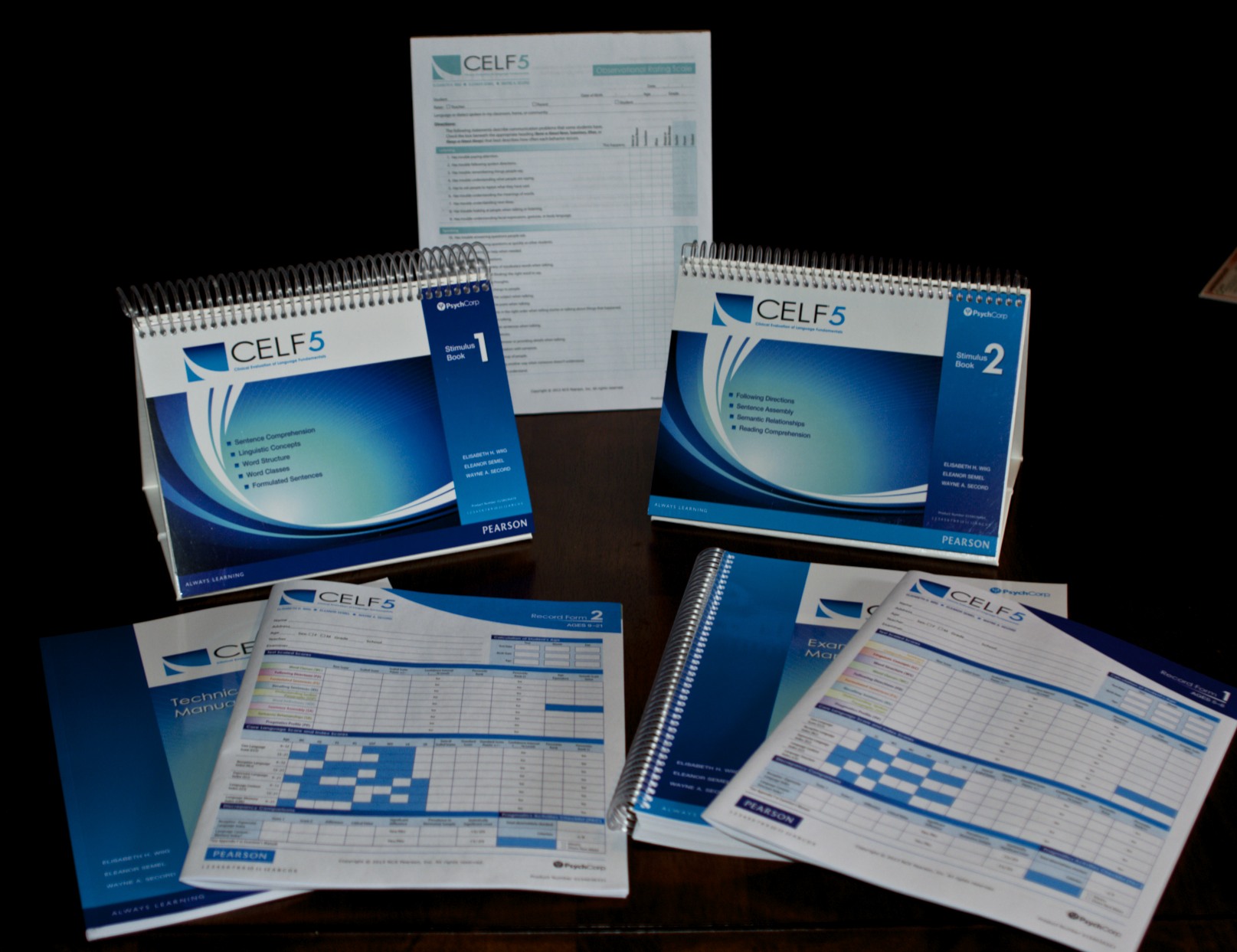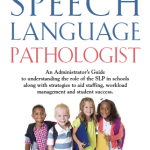SLP Chat
This will be a place where therapists can share ideas, problem solve and express concerns. Lets work together to make our jobs easier!
Teresa
Scheduling Template
Can anyone use this to work out their draft schedule (I mean schedules)? I know it doesn’t take long to create but we know every minute counts. It is a pages doc. Scheduling template 2015 Here is the PDF Scheduling template 2015
Teresa
7th grade and the SLP
Yesterday I received a question that had to do with transition to 7th grade
“I find it difficult to transition students from 6th grade to middle school, meaning targeting appropriate goals/etc. What are the areas you find critical to this age? Do you have a screening tool you give to your students? What are the main areas you look at to gauge success in junior high/middle school?”
First lets talk briefly about 7th grade. 7th grade, no matter what middle school model your school has, is a significant bump up in academics, expectations, higher order language (understanding and usage, texts, adult usage, peers……) and higher order thinking. 7th grade is the year the speech and language students dismissed from therapy a couple of years ago will end up back on your radar.
The reason for this is that everything in 7th grade is more difficult and most if not all academics (could be argued by the finest SLPs) are language based. Higher order language and thinking is emerging in 7th graders. Most are going to “get it” in a very naturalistic way without any difficulty. However, for those that don’t “get it” will feel and look like a deer caught in headlights for most of their 7th grade year.
I personally spend a lot of time working with 5th and 6th graders on understanding the underlying vocabulary, language and concepts needed to help them understand higher order language. At the very least I hope my students realize they don’t “get it”, know how to think outside of the box or when to ask for help.
In the past I’ve written two articles on my previous blog Your Middle Schooler: A Unique Age and I still use the recommended books and techniques to this day.
Speech and Language Workbooks that Work
Vocabulary Development is Key to Higher Level Learning
Another suggestion is using appropriate ads from magazines and commercials. Talk about how the language is used to convey different or ambiguous meanings. Teaching students how to understand jokes, is a lot of fun. Finding jokes with accompanying pictures is ideal. I also use some modified techniques from the Visualizing and Verbalizing program. If you haven’t taken the training for this program I highly recommend it.
It is pretty easy to identify the students who don’t “get it.” However in this day and age we usually need some sort of data to prove this. I use scores from the CELF metalinguistics (formally the Test of Language Competence) and The Test of Problem Solving.
I hope these suggestions give you a good place to start. Teachers have a difficult time understanding that some kids don’t “get it” from a language perspective so it is important to at some point meet with teachers and explain the issue.
The School SLP-book reviews
Last April I introduced my first book The School Speech Language Pathologist, An administrators guide to understanding the role of the SLP in schools along with strategies to aid staffing, workload management and student success. It has been a lot of fun working on book promotion and I’ve received almost 100% positive feedback from other SLPs. Several SLPs have mentioned that they have good enough relationships with the administrators to share the book. Yeah! Two SLP’s reported that their administrators asked to peek at the book (double Yeah!).
Two SLP bloggers have been kind enough to highlight my book on their blogs. I want to share their perspectives with you. Both of these blogs are very professional and interesting so take a peek around their sites while you’re there.
The first review was written by SLP Darla Gardner: Ms. Gardenia’s Speech Room
The second review was written by SLP Mandi Schaumburg: Panda Speech Therapy
The School SLP can be purchased through a number of sites including AMAZON (see link on this page), Booklocker (my publisher) and Barnes and Noble
Thanks to both Darla and Mandi for taking the time to The School SLP. Any ideas on how to get this book into the hands of administrators is greatly appreciated.
Concerts: Don’t forget your ear plugs
After taking a little bit of a hiatus from blogging due to vacation it is really hard to get started again. I lugged my computer 3000 miles with the hopes that I would get some writing and book promotion done but that didn’t happen. Since school got out I’ve jotted down several ideas for articles but never quite found the time or passion to develop them. Well, it’s time to get back on track.
This past weekend I attended the first concert I’ve been to in over two years. It was some old rockers but it was still loud. Ear protection did not even dawn on me until the break between bands where next to the beer line was the table selling ear plugs. At that point I flashed to the generic package of disposal ear plugs purchased after the last concert two years ago sitting in a drawer at home.
As an SLP I’m embarrassed by the fact that I didn’t even think of ear plugs until I saw them being sold. I gladly forked out the $15 dollars and figure if I liked them I could at least get a short blog post written about them. And of course protect my hearing.
The brand being sold was ETY Plugs from Etymotic Research. I wish I had another brand to compare during the concert but I was fairly impressed with the sound quality when the ETY plugs were in. How can I describe it……It was more than just muffling the sound, the plugs seemed to filter out the static like noise. Of course it did not make it sound a recording but I think I heard the lyrics a little better. Clapping sounded muted and I did have to remove the plugs to speak to others.
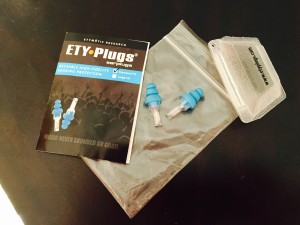
The design of the ear plugs allows for a consistent seal (even a better seal after I got home a read the instructions). These ear plugs are reusable and do need to be cleaned. I used a little soap, water and a q-tip. Even without a comparison, I think I could recommend ETY Ear Plugs for concerts. My generic plugs just muffled sound.
That old quote “If it’s too loud, then you’re too old”, was coined by DJ Ernie Anderson and popularized by Ted Nugent, use to sound so cool. Today, given my age, experience and my un-coolness I would probably scold Ernie and Ted and tell them to change it to “If it’s too loud, use common sense”. Now I just have to remember to bring my ear plugs to the next concert.
A side note….Some real jerk of a Dad (sorry Dads) had his 4 or 5 month old baby bouncing on his shoulders. The baby did not have any ear protection and looked like a deer caught in the headlights. As the guy was trying to get as close as he could to the stage, I saw one of the workers tell him to get the baby out of there. No Mom in sight. Made me cringe.
Related Posts
NSSLAH at Assumption College
Hearing Health in Children and Adults
Buzzword Book Give-a-way
Hearing about which buzzwords bother you the most was a lot of fun. Every single one of the words submitted were irritating in their own unique way. I chose two that I thought were the best worse buzzwords.
The first buzz word selected was submitted by Patricia. Her word was “rigor” and for the obvious reason, it makes Pat think of death. I have to admit I also flash to an episode of Law and Order, with the pathologist saying, “TheThe body was in full rigor” every time I hear that word used in school. If they are going to use the word ‘rigor” in education why just use the word “rigorous” it makes more sense.
dictionary.com lists the following meanings for the word “rigor”
noun
1. Strictness, severity, or harshness, as in dealing with people.
2. The full or extreme severity of laws, rules, etc.
3. Severity of living conditions; hardship; austerity:
The rigor of wartime existence.
4. A severe or harsh act, circumstance, etc.
5. Scrupulous or inflexible accuracy or adherence:
The logical rigor of mathematics.
6. Severity of weather or climate or an instance of this:
The rigors of winter.
7. Pathology. A sudden coldness, as that preceding certain fevers; chill.
8. Physiology. A state of rigidity in muscle tissues during which they are unable to respond to stimuli due to the coagulation of muscle protein.
9. Obsolete. stiffness or rigidity.
The synonyms listed for ‘rigor” are even worse
inflexibility, stringency. cruelty (these are 3 words I always like to associate with education)
I understand rigorous curriculum (don’t like it but I get it) but I started thinking this word must mean something else in education. After a little research I found this page in The Glossary of Educational Reform defining “rigor”. Basically Educational Reform has redefined the word and made it way more confusing. I predict this buzz word will quit buzzing in a few years unless Webster’s adds it maybe as a new slang in 2016.
Kim suggested the word “Modify.” I chose “modify” because of her reason for disliking “modify” and because of my own personal experiences with this buzz word. Kim wrote, “Modify in theory is fabulous. However, in practice this buzz word often lacks depth in its application, is laden with inconsistency & often does not live up to its full intended potential.” Couldn’t have said it better myself. We write and suggest modifications all the time but who is responsible for modifications and who monitors them is a whole other story.
“Modify” became a big buzz right after “RTI” (response to intervention-a buzz word in itself and worthy of its own article) came into play. I remember the confusion between Modifications and Accommodations. I also remember our team leader having to present several times on the differences between the two. If I had to sit through that lecture one more time I might have started pulling my hair out. Now another buzz word submitted was “differentiated instructions” which in my mind is the same as modifications (but I bet it isn’t). I tried looking it up in that glossary mentioned above but it wasn’t there.
The other buzz words mention also deserve comment as runners-up.
Kudos-Yeah that gets said a lot. It’s one of those word that if you hear too much there is usually something wrong or something being nervously covered up. It ranks right up there with everyone talking about how nice, cute or sweet a child it. In meetings that’s code for you have a child who has something going on.
Servicing-I think I might be guilty of this one but not with parents just with staff. As Shannon suggests, this is a word that gets misused. “We are not “servicing” children, we provide a service. Sheesh- sounds like we are changing a transmission, not providing speech therapy!” to quote Shannon.
Using “no longer eligible” rather than “dismissing” from therapy is another one that makes us sound high faulting to parents. I think it must be in the team leader training because students have to be eligible for services. I think they are taught to use that word. However, there are some situations where that language might need to be used because most of our language students will never develop strong language skills.
Pre-determining Services-This was actually a very good one that leads to another question. Why are school SLP’s in many areas not allowed to diagnose or recommend specific direct speech and language services in their reports? It’s frustrating that a lot of the time the expertise of the school based SLP is not respected, welcomed or even considered when determining programming. (I’m keeping this one for a future article.)
Thank you all for your submissions. Patricia and Kim will be receiving copies of my book.The School Speech Lan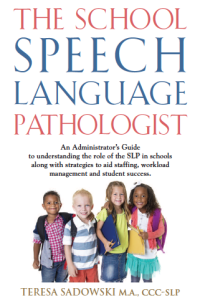 guage Pathologist, An administrators guide to understanding the role of the SLP in schools along with strategies to aid staffing, workload management and student success.
guage Pathologist, An administrators guide to understanding the role of the SLP in schools along with strategies to aid staffing, workload management and student success.
Keep the buzz word coming. Some are just so absurd. Luckily we don’t have to listen to many for long since they come and go so quickly.
Buzz Words in Education
In the field of education buzz words come and go quickly. Current buzz words in education usually reflect the trend of the week and saturate conferences, school meetings, program development, scholarly articles, blog posts, social media and even lunchroom conversation for short periods of time. After working in education for so many years, it is difficult to take any new or even recycled buzz word seriously. Reality is most buzz words in education don’t buzz for long and are quickly replaced with a new flavor of the day.
The buzz word I dislike the most has been around forever. It’s only been the past 10 years or so that this word has taken on a negative connotation for me. The buzz word I have grown to dislike is STRATEGY. This was a perfectly good word until it became overused in education.
Now I am not recommending we stop using and suggesting strategies all together. We need to suggest them and kids need to have a set of strategies to use. However, based on meetings I’ve attended over the past several years, in a variety of educational settings, it appears that somehow educators have gotten it into their heads that if we put enough strategies in place, learning and development emerges. We all know strategies can help but the overuse of the term strategies leads one to believe that strategies can replace learning.
Strategies generated can be very vague, somewhat vague, fairly concrete or solid. What defines a special strategy? Are strategies that special or just best practices repackaged. Does a strategy involve direct or indirect intervention? How can you really measure a strategy’s success. Do you need a baseline? Who should be suggesting/approving strategies? Who monitors strategies? Who teaches strategies? Why are so many kids needing so many strategies? So many questions come to mind.
Rather than teaching the deficit or missing skills, “strategies” are put into place. Most strategies (initially suggested) are very superficial and do not increase direct time or effort with the student. Many students often remain in “strategy mode” for years.
Strategy, as a buzz word has become too broad and thats why it bothers me. Everything we try in schools has become a strategy. I would like to see this word used a little less and strategies in schools become a more defined.
What buzz word bothers/bothered you the most or what buzz word do you find the most humorous/useless?
Check out my Facebook page for a giveaway of my new book when you tell me your most bothersome Buzz Word in education.
Play, It’s more important than you think
I ran across this fun article floating around Facebook. 33 Activities for Kids That Cost Under $10 Dollars. Some of these activities looked like a lot of fun. While the examples they show look a little too “neat” to be done by kids, with some of the activities you can hand them the materials they need and step back. As a matter of fact it might be a good idea to let them develop their own style of play with their friends. The amount of learning, experimentation and problem solving the kids can do on their own is amazing if you let them try before swooping in to help.
Take a look at the tin foil and hose experiment, what is the worse that could happen. First they could actually learn how to rip foil from the role or they could get a small cut in the process. They could learn how to control or roll up a hose when the were done. Don’t worry it is still OK to drink from a hose once in awhile. Have you done it lately, it is still a fun thing to do.
Several years ago I wrote an article called Play Skills Are More Important Than You Think. With all the changes in our society and education today, emphasis on play has gone by the wayside. The developmental experts are not promoting PLAY the way they use to. I seem to remember much of my initial education in college, focused on the different stages of play.
I hope all kids get to have some fun over the summer, play with their friends, learn the art of problem solving and become creative on their own.
Introducing My First Book!
Today I want to introduce my first book!
The School Speech Language Pathologist
An Administrator’s Guide
to understanding the role of the SLP in schools
along with strategies to aid staffing, workload
management and student success.
I wrote The School Speech Language Pathologist to help demystify and define the role of the Speech Language Pathologist in the school setting. The concrete suggestions provided in this book will help to foster more productive speech and language services, aid caseload management, aid student success and guide program development in schools.
The role of the Speech Language Pathologist in the schools is diverse and crosses both medical and educational disciplines. SLPs are developmental experts and have to know how to address the needs of clients from birth to adulthood. Speech and language development is extremely complicated, sequential and neurologically based. For most children speech and language skills are acquired in a typical naturalistic manner and fall within an expected range of development. For those students who demonstrate developmental language disabilities, moderate/severe language disabilities or learning disabilities, school can be especially challenging, confusing, frustrating and just plain difficult.
Speech and language skills are also life skills. Without strong language abilities, students will struggle to succeed in college and in the work place. Poor language abilities and decreased understanding can even effect personal relationships.
Over the past 30 years the role of the Speech Language Pathologist in the schools has evolved. Growing special needs populations, changing curriculums and needed legislation has created larger caseloads and workloads for Speech Language Pathologists without significant changes in staffing levels. We are no longer just articulation experts. Our scope of practice in the areas of language and learning disabilities goes far beyond what most people think.
Thank You for your interest in learning more about speech and language skills and services in schools. It’s a short read but full of good ideas. Pick it up on the Amazon Link or through Booklocker. Link for the ebook coming soon.
Teresa
***To read and excerpt and to buy the ebook version go to Booklocker.
A New Book By Ken Robinson
This past week I saw an interview with Ken Robinson promoting his new book “Creative Schools: The Grassroots Revolution That’s Transforming Education”
Ken Robinson is a speaker and author I’ve been following for several years now. Back in 2012 I reviewed an article interviewing Sir Ken in of all places the Costco magazine. https://theschoolspeechtherapist.com/sir-ken-robinson-calls-for-a-revolution-in-education/
As soon as I get a chance I will be reading and reviewing his new book. The reviews look good and I’m sure what he has to say is right on the money.
Sir Ken also gives some pretty rousing ted talks
CELF-5 Results?
Sorry it’s been so long since you’ve heard from me. I have another project in the works which I am sure most of the school based SLPs will either be thrilled with or at least agree with. With any luck at all I will be able to announce that project before the end of March.
So yesterday I received and interesting question about the CELF-5 from Dawn, an SLP in the mid-west. Apparently many of the therapists in her district are finding kids are no longer qualifying on the new CELF-5. She was wondering if anyone else having this same experience?
I don’t think I’m seeing this and I’ve given the CELF-5 at least 30 times. However, thinking about it I’m wondering if our “fence kids” are doing a little better than expected. That might not be a bad thing. Now, looking at my testing procedures I always give supplementary testing. I believe vocabulary testing speaks volumes. For my older elementary I might perform the TAPS or TOPS my older students will always get the CELF-metalinguistics (the old TLC). I will seek out other evaluation tools if necessary but these are my standards. I always talk to teachers, special educators and parents before testing if I can. I doubt all therapists have the luxury of doing additional testing and opt for a battery only instead. Because I give additional testing my writing almost always shifts to after hours. Time factors make it difficult to write a coherent and complete report or document at work. [amazon template=iframe image&asin=[amazon template=iframe image&asin=[amazon template=iframe image&asin=
What’s your thoughts on the question. Are fewer of your students qualifying on scores from the CELF-5?
T.
FYI…Still not totally thrilled with the Q-global scoring, are you?

